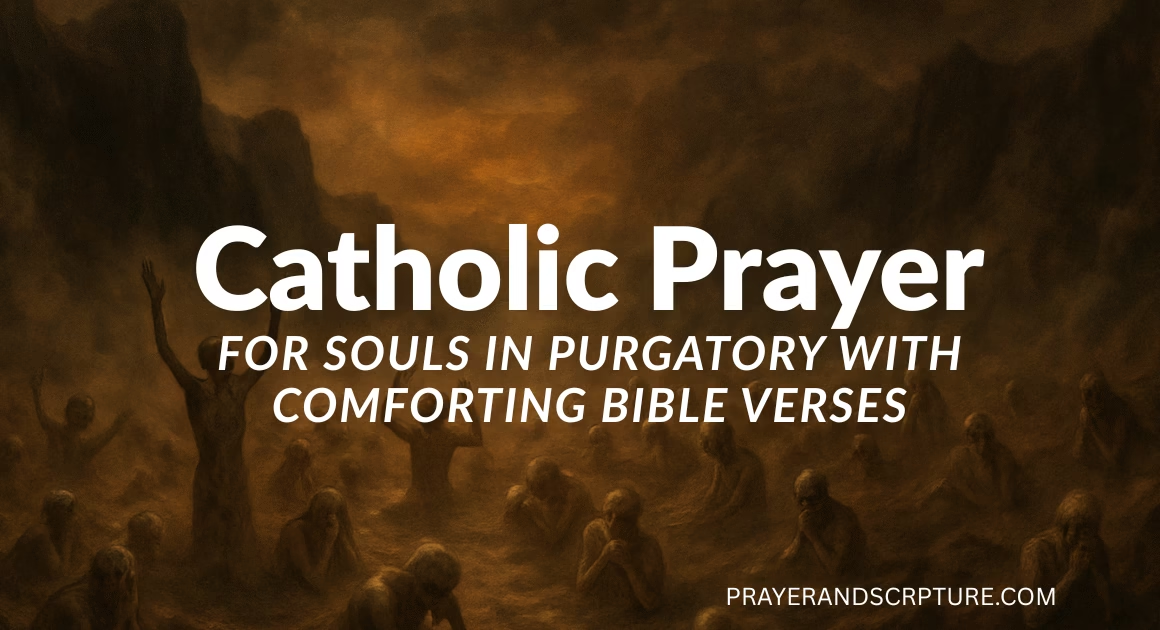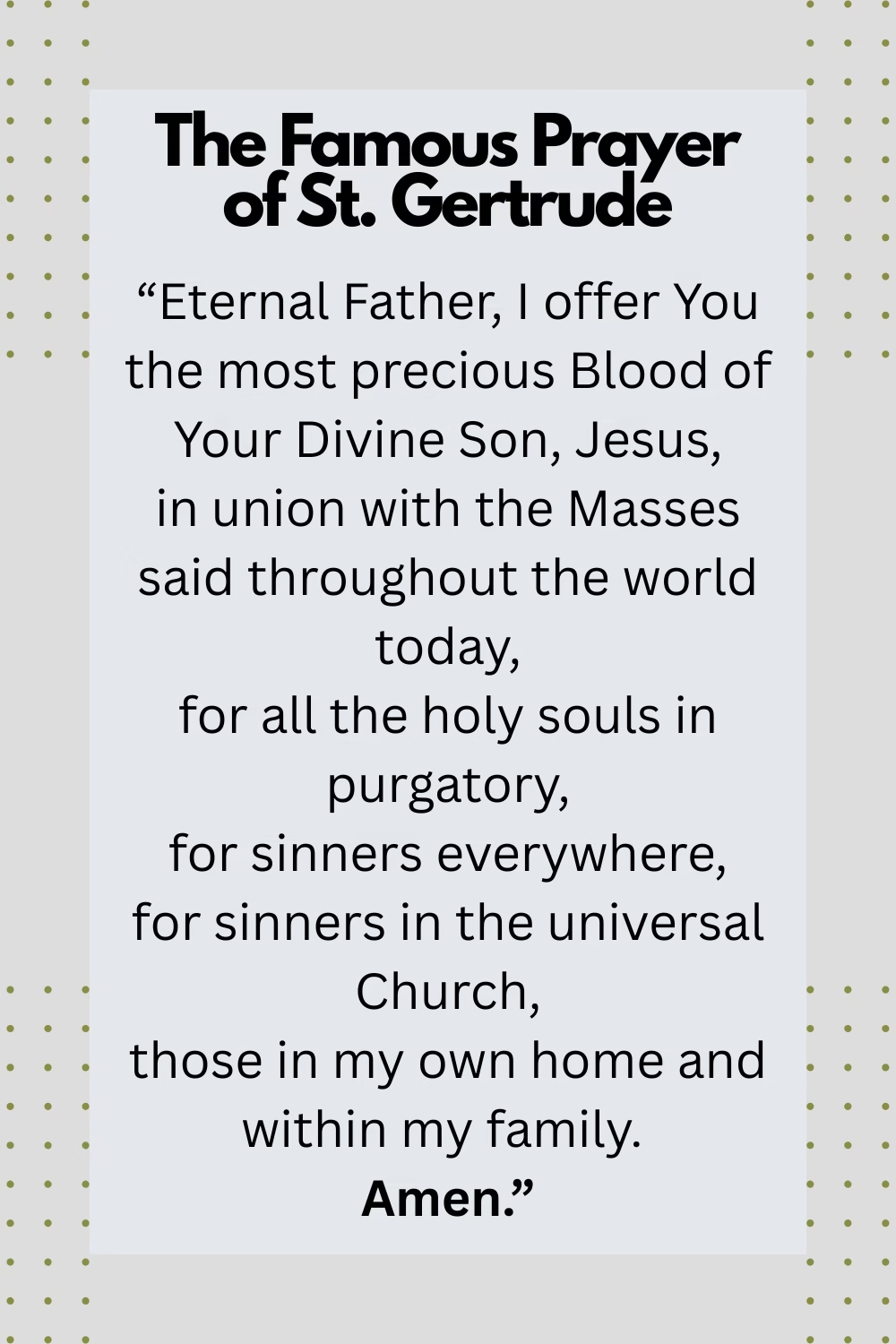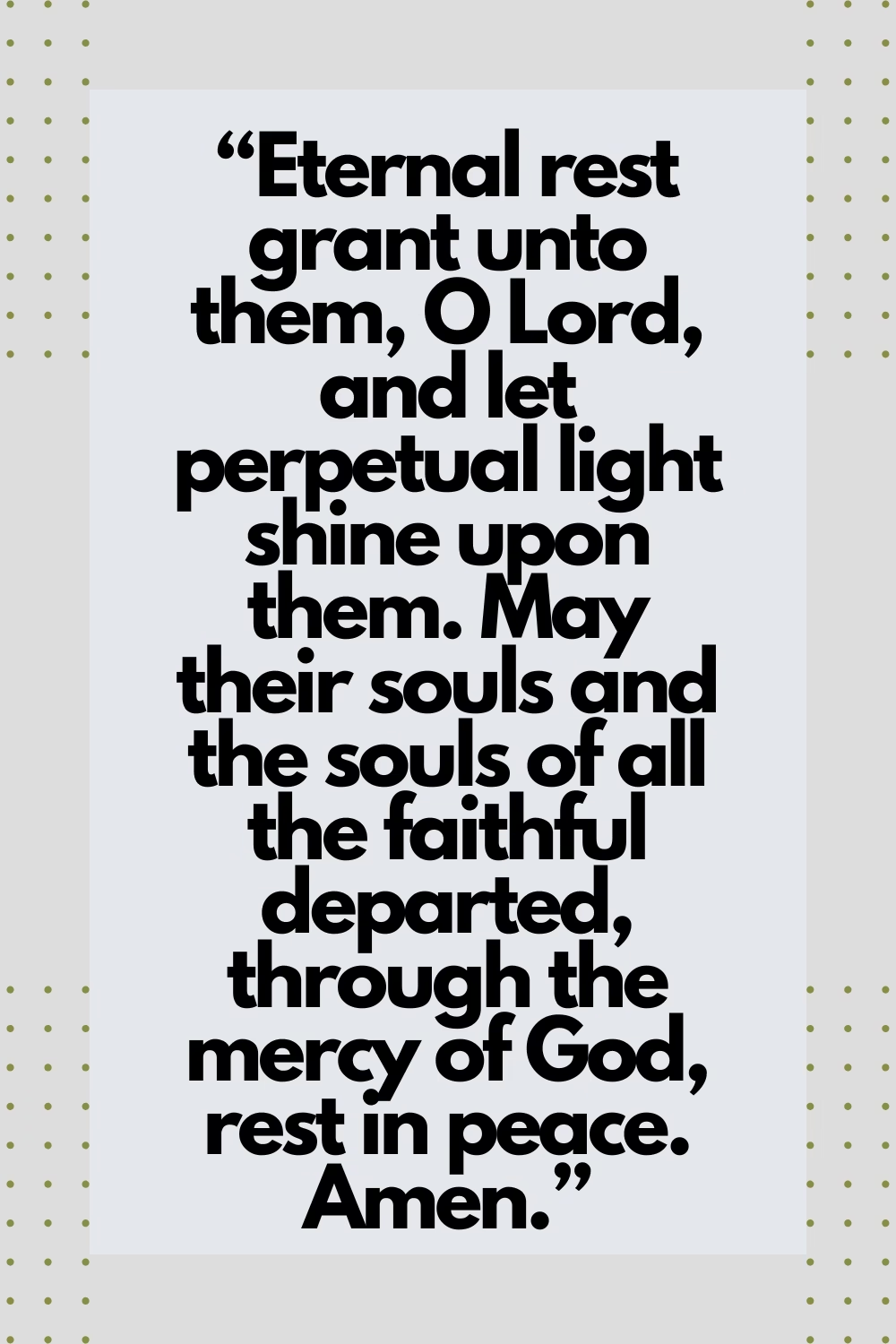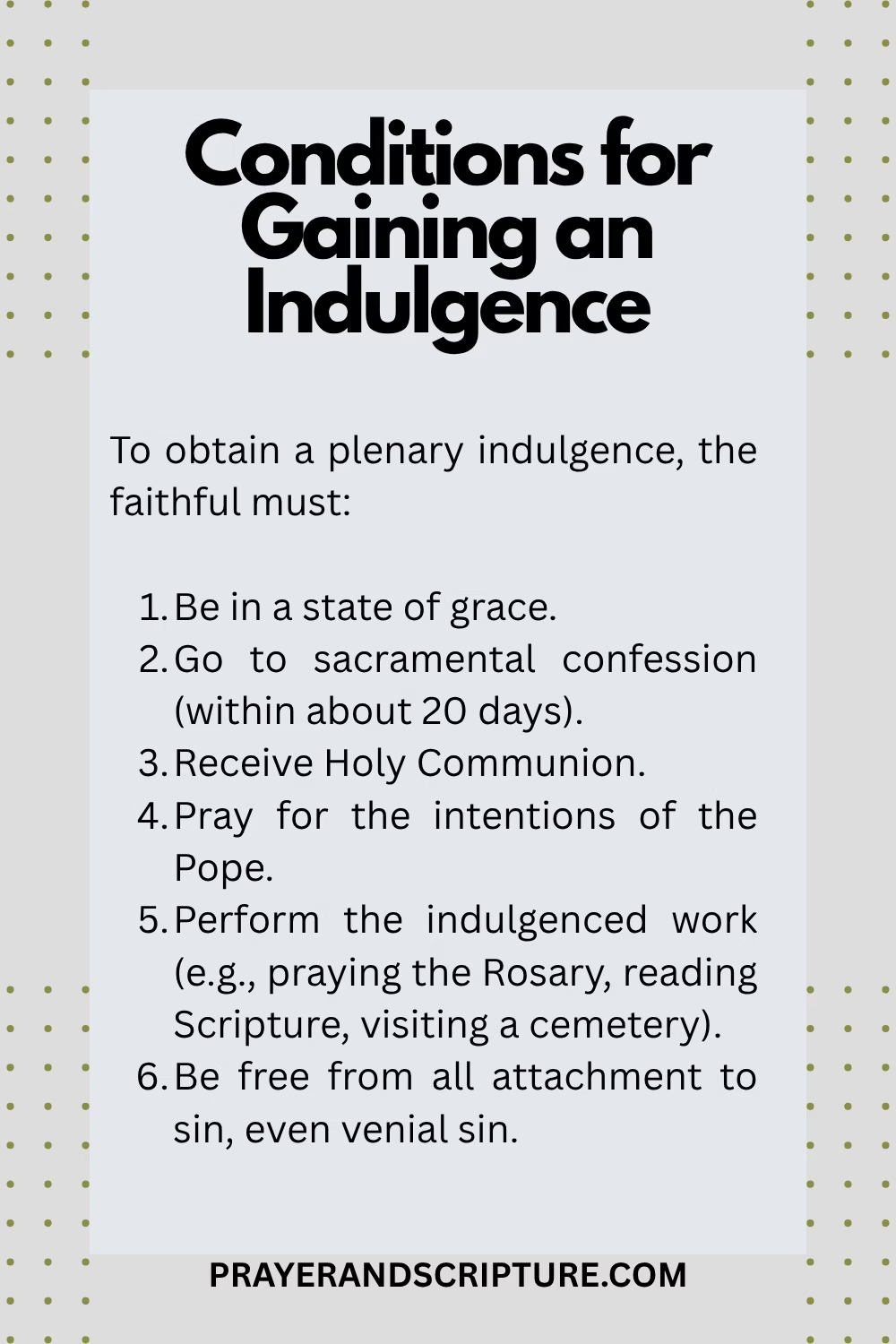Catholic Prayer for Souls in Purgatory is a sacred tradition rooted in the belief that death is not the end for those who believe in Christ. For us, it’s a transition—a doorway to eternity. Yet, many souls leave this world still in need of purification. These souls are not lost or condemned, but lovingly held in the merciful hands of God in a place we call purgatory. Through our prayers, especially the powerful intercession of the Church, we assist them on their journey to heaven, offering hope, healing, and the promise of eternal peace.
Purgatory is not a punishment. It is a state of mercy, where souls are prepared to enter the glory of Heaven. These souls are saved, yet not fully purified. They need our prayers—not because God is powerless, but because in His divine love, He allows us to participate in His work of redemption.
Jesus said in John 11:25-26 (NIV):
“I am the resurrection and the life. The one who believes in me will live, even though they die; and whoever lives by believing in me will never die.”
13 CATHOLIC TEACHINGS — CLEAR ANSWERS TO YOUR QUESTIONS
1. What is the Indulgenced Prayer for the Souls in Purgatory?
The “Eternal Rest” prayer is indulgenced when prayed devoutly.
Also, visiting a cemetery from Nov 1–8 and praying for the dead can earn a plenary indulgence (under normal conditions).
Prayer: “Eternal rest grant unto them, O Lord…”
2. How Do You Pray for the Souls on All Souls Day?
Attend Mass for the dead
Visit a cemetery and pray
Offer indulgences
Recite prayers like the Eternal Rest or Rosary
3. How Do Catholics Pray for Departed Souls?
We pray through:
Masses
Rosaries and Chaplets
Sacrifices and Alms
Indulgences
Scripture:
“Pray for the dead, that they may be loosed from sin.” — 2 Maccabees 12:46
4. How to Gain a Plenary Indulgence for Souls in Purgatory
Steps:
Be in a state of grace
Confess within 20 days
Receive Holy Communion
Pray for the Pope’s intentions
Do the indulgenced act (e.g. visit a cemetery, pray the Rosary)
Detach from all sin
5. How to Pray a Novena for the Souls in Purgatory
A novena is a 9-day prayer of intercession. Include:
Opening prayer
Reflection
Chaplet or Rosary
Specific intention for the souls
6. What is the Prayer at 3 O’clock for the Souls in Purgatory?
At 3 PM, pray the Divine Mercy prayer:
“O Blood and Water, which gushed forth from the Heart of Jesus as a fount of mercy for us, I trust in You.”
Scripture:
“At three o’clock Jesus cried out in a loud voice and gave up His spirit.” — Mark 15:34-37
7. Does Praying the Rosary Help the Souls in Purgatory?
Yes, especially when offered for the dead. The Church teaches that Mary intercedes and brings comfort to the suffering souls.
8. How Long Should You Pray for a Soul?
Pray as long as you feel led. The Church encourages continual prayer, especially on anniversaries and All Souls’ Day.
9. How Much Time Does a Plenary Indulgence Remove from Purgatory?
We no longer measure time in days/years. A plenary indulgence removes all temporal punishment, while a partial indulgence removes some.
10. Can Souls in Purgatory Pray for Each Other or for Us?
They cannot help themselves, but many saints believed that they can intercede for us once they reach heaven.
11. Is Saying the Rosary a Plenary Indulgence?
Yes—if prayed in a group, family, or in front of the Blessed Sacrament (with other conditions met).
12. Do Souls in Purgatory Know When We Pray for Them?
Yes. Many saints say they feel relief, gratitude, and joy when we pray for them.
13. Which Saints Prayed for Souls in Purgatory?
St. Padre Pio
St. Catherine of Genoa
St. Gertrude the Great (who gave us the famous prayer)
St. Faustina Kowalska
Conclusion
The Catholic Prayer for Souls in Purgatory is more than a pious tradition—it is a profound act of love, mercy, and solidarity. As members of the Mystical Body of Christ, we are spiritually connected not only with the living but also with the faithful departed who await their final purification.
Purgatory is not a place of punishment, but of preparation—a holy process where the soul is refined like gold, cleansed of every stain, and made ready to stand in the full glory of God. Our prayers, sacrifices, Mass intentions, and devotions are powerful tools in this divine process. As St. John Chrysostom said, “Let us help and commemorate them. If Job’s sons were purified by their father’s sacrifice, why would we doubt that our offerings for the dead bring them some consolation?”
By praying for the souls in purgatory, we fulfill one of the spiritual works of mercy, offering hope to those who can no longer pray for themselves. And in return, these holy souls—once they enter heaven—become our most faithful intercessors before the throne of God.
Let us never grow weary in this sacred duty. Let our prayers rise like incense, and our faith be the bridge that draws heaven and earth together. Whether through novenas, daily remembrances, the Rosary, or offering the Holy Mass, each act of devotion sends ripples of mercy into eternity.
Eternal rest grant unto them, O Lord, and let perpetual light shine upon them. May they rest in peace. Amen.







